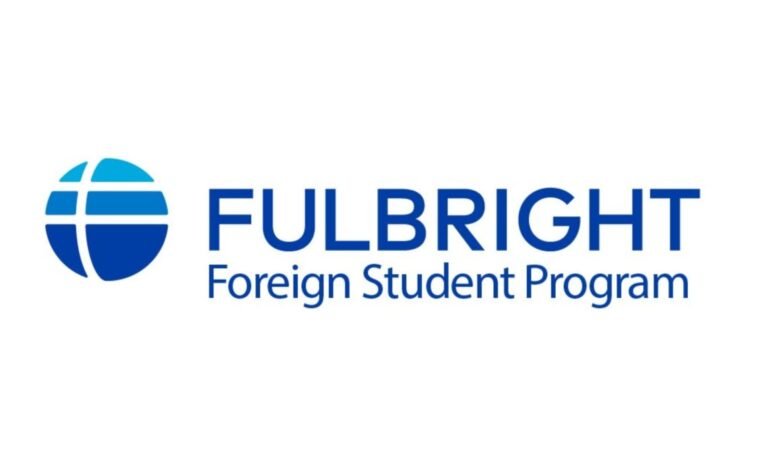The Fulbright Foreign Student Program is one of the most respected international scholarship initiatives designed to promote educational and cultural exchange between the United States and countries around the world. Established by the U.S. government, this program offers graduate students, young professionals, and artists the opportunity to study, conduct research, or pursue creative projects in the United States. Since its inception, it has played a crucial role in fostering mutual understanding and cooperation among nations through academic excellence and cultural diplomacy.
Created by Congress in 1946 under President Harry Truman’s administration, the Fulbright Foreign Student Program is part of the larger Fulbright Program. The program was developed in the aftermath of World War II with the goal of encouraging peace and international collaboration through educational exchange. Funded by the U.S. government and overseen by the Fulbright Foreign Scholarship Board, the program represents a non-partisan effort to promote freedom of thought, academic freedom, and cross-cultural dialogue.
The Fulbright Foreign Student Program supports about 4,000 foreign students every year, drawing applicants from over 160 countries worldwide. It offers scholarships to a wide range of disciplines including science, engineering, agriculture, the arts, social sciences, and humanities. These awards allow recipients to attend U.S. universities and research institutions where they engage with American scholars and peers, gaining knowledge and experience that often influence their future careers and contributions to their home countries.
One of the program’s main strengths is its emphasis on academic excellence and leadership potential. Candidates for the scholarships are carefully selected based on their scholarly achievements, leadership qualities, and commitment to fostering cross-cultural understanding. The program encourages these future leaders to return to their home countries equipped with skills and knowledge that can contribute to development and international cooperation.
The administration of the program falls under the Fulbright Foreign Scholarship Board, a group of appointed members who are responsible for managing the selection process and ensuring that the program adheres to its mission. This board collaborates with the U.S. Department of State, educational institutions, and representatives from participating countries to maintain the quality and integrity of the awards. The program operates with a spirit of academic freedom, allowing recipients to pursue their research and studies without undue political influence or restrictions.
Over the decades, the Fulbright Foreign Student Program has produced many notable alumni who have gone on to become influential figures in politics, science, arts, and education around the world. These alumni often credit the program with helping them develop a global perspective and the skills necessary to contribute positively to their societies. The program’s focus on cultural exchange helps build long-lasting international relationships that benefit both the United States and the participating countries.
Despite its long-standing reputation, the Fulbright Foreign Student Program has recently faced challenges related to political interference. Reports indicate that the Trump administration took control of decisions that typically fall under the board’s jurisdiction, including the rejection of a large number of Fulbright awards for the 2025-2026 academic year. Additionally, an unauthorized review of over 1,200 international Fulbright recipients was underway, which could result in further denials. The Fulbright Foreign Scholarship Board publicly objected to these actions, arguing they undermined the program’s mission and violated the values of free speech and academic freedom that the program was founded upon.
In response to these developments, the entire 12-member board resigned, citing that political interference threatened the program’s independence and integrity. The board urged Congress, the courts, and future boards to protect the Fulbright Program from similar interference in the future, emphasizing that introducing politics into the program goes against both the law and the founding principles of the initiative.
The Fulbright Foreign Student Program remains a symbol of academic cooperation and cultural exchange globally. Its mission to promote mutual understanding through educational opportunities continues to attract talented individuals from around the world. How the program will adapt to current political challenges remains to be seen, but its foundational values of academic freedom and international partnership have endured for nearly 80 years.







